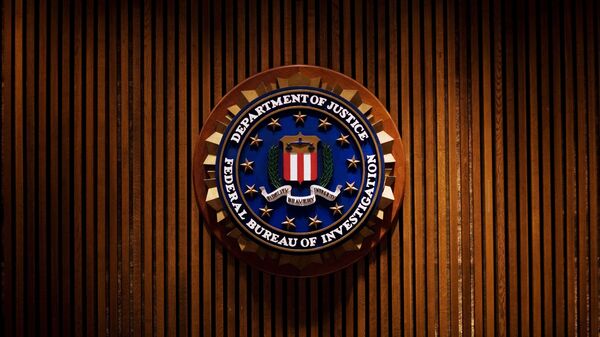The alternative news site documents a "string" of FBI inquiries into pro-Palestine activists motivated by blacklists created by "far-right, pro-Israel groups," which focus on alleged and unproven connections between individuals and militant groups in the Middle East. At least two such interviews have taken place in 2018 alone.
One 'blacklist' site allegedly invoked by FBI investigators on several occasions is Canary Mission, a controversial anonymously run online resource "documents people and groups that promote hatred of the USA, Israel and Jews on North American college campuses." Visitors can view categorized lists of individuals (including students and professionals), University professors and organizations, with extensive profiles documenting apparent histories of anti-Israeli statements and activities.
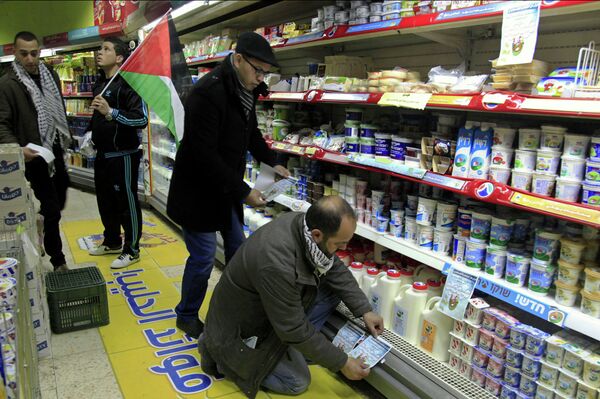
As of June 26 2018, 1,685 individuals are listed, 505 professors and 23 organizations. While the site claims to "investigate hatred across the entire political spectrum," a seeming majority of blacklisted individuals are of a left-wing orientation.
End the Resistance
One victim of this FBI proclivity documented by The Intercept is Ahmad Aburas, who in September 2016 was removed from his class at Seton Hall Law School, New Jersey, by a campus security officer and taken to speak to two investigators — one a state police detective, the other an FBI agent, both part of the New Jersey Joint Terrorism Task Force. Over the next 35 minutes, the pair interviewed Aburas about pro-Palestinian postings on his Facebook account, which had been flagged by Canary Mission and duly shared on the site's Twitter account.
In the first, published during 'Operation Protective Edge' — a 2014 Israeli assault on Gaza that killed 500 Palestinian children — Aburas wrote, "We are all RESISTANCE! We are all #hamas! We are all HUMAN!". The student alleged to The Intercept he was and is not a supporter of Hamas, the armed Palestinian political faction that has waged attacks on Israel, but instead wanted to show support for all affected Palestinians in Gaza, who were labelled "Hamas members" by Israeli government spokespeople at the time.
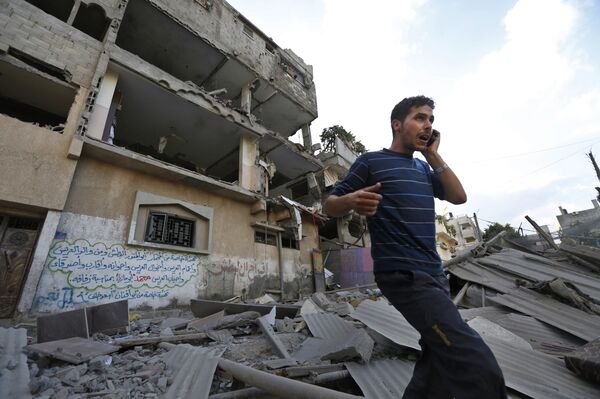
"They were asking me questions about connections to terrorism, [such as] 'do you know or sponsor any organizations outside the US?'. They asked me if I would stand with the United States. As a Muslim man living in America, coming from a Palestinian background, I don't want to say I got used to it, but I did get used to it. It's normal. We're always going to be spied on," Aburas told The Intercept.
A University of Chicago student, who asked not to be named, was also said to have been questioned in April 2018 based partly on Canary Mission documentation.
Such behavior is apparently nothing new for the FBI — in 2014 agents sought to question Palestinian-American activist Huwaida Arraf because StoptheISM.com, a website similar to Canary Mission, claimed Arraf and the group she co-founded, the International Solidarity Movement (ISM), support terrorism. The website provided no evidence to suggest ISM — a group of foreign volunteers in the occupied Palestinian territories who support Palestinian action against Israeli occupation — had direct insurrectionary connections, but FBI agents nonetheless attempted to interview her at her apartment in New York.
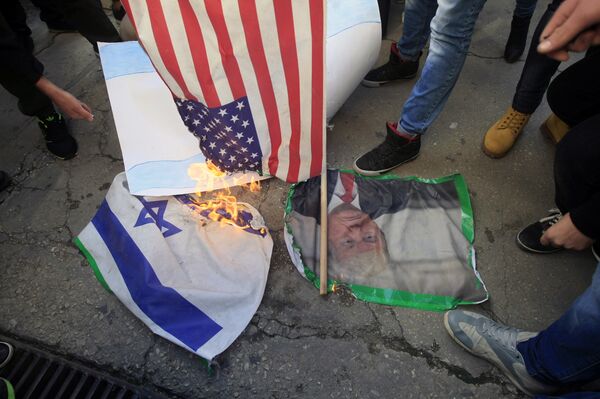
No Arrests Yet
While no arrests have been made on the basis of 'intelligence' provided by Canary Mission as yet, pro-Palestinian individuals in the US have been imprisoned and deported for their campaigning activities. In 2010, for instance, the FBI raided the homes of 23 individuals on the basis of providing "material support" to the Popular Front for the Liberation of Palestine.
While eventually all activists were cleared of the charges, the probe did eventually lead to the arrest in 2017 of Rasmea Odeh, a Chicago-based Palestinian activist, for lying to immigration authorities — she'd failed to disclose her conviction in an Israeli military court on terrorism charges. Odeh claims her confession — to setting off a bomb in Jerusalem in 1969 — was tortured out of her by Israeli security forces, but was nonetheless deported in 2017 to Jordan.
Similarly, the association of pro-Palestinian causes with terrorism has led to the effective criminalization of potentially benign charities and organizations, such as the 2001 shut down of the Holy Land Foundation by the Department of Justice.
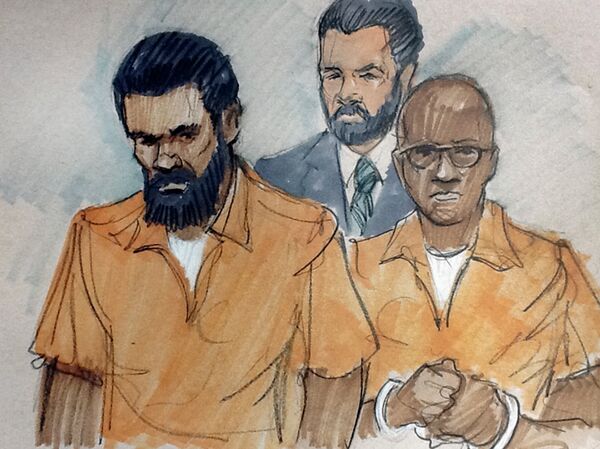
The Bureau was supported by the anonymous testimony of two Israeli witnesses, 'Avi' and 'Major Lior'. The conviction came despite the relief organizations it donated to also receiving US government support, and prosecutors never alleging Holy Land Foundation funding was spent on militant attacks or was ever intended to support terrorism. Ever since, accusations of support for terrorism have blighted any Islamic charitable organization had ties ties to the foundation.
